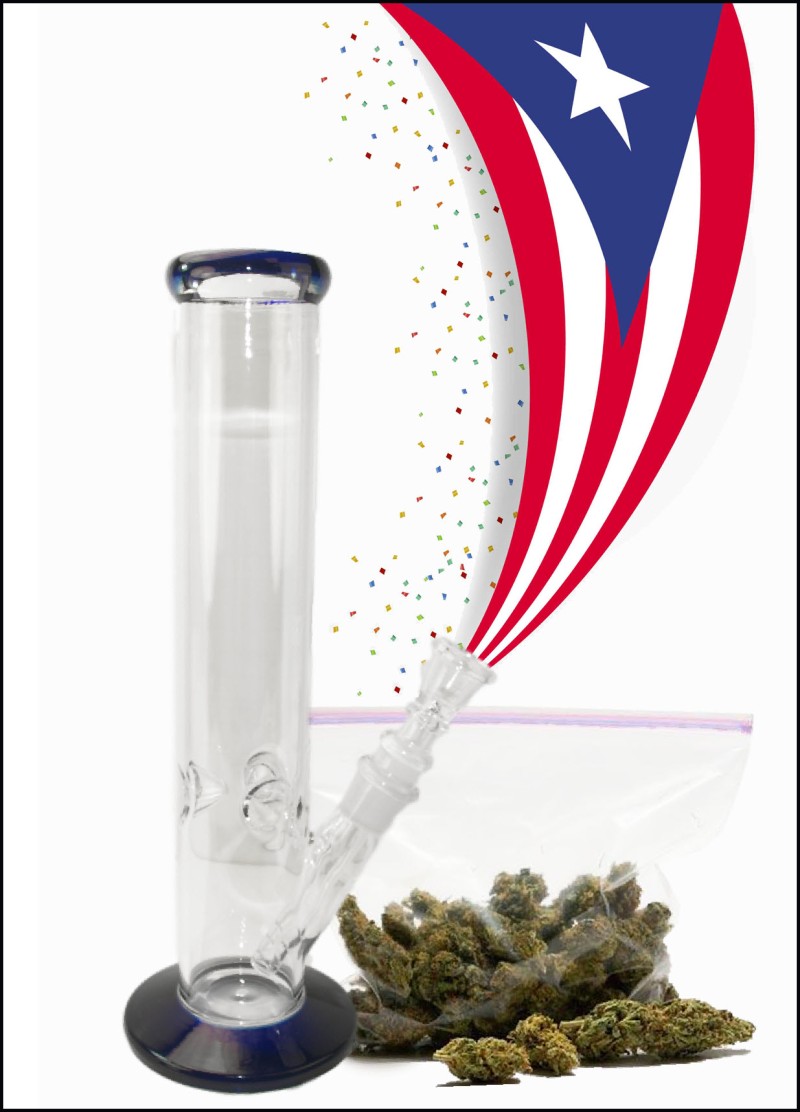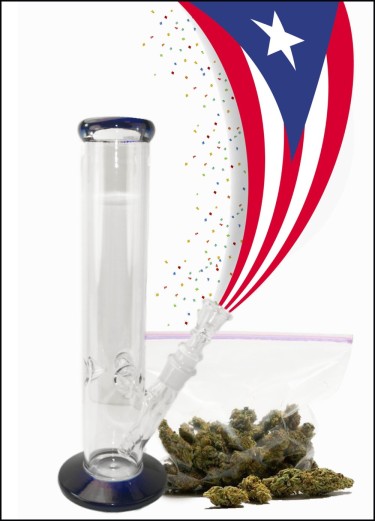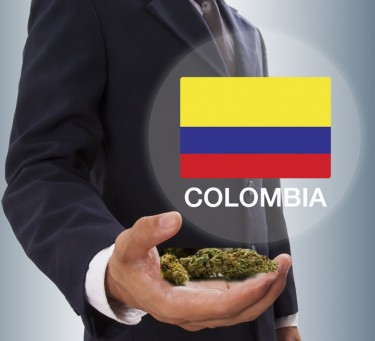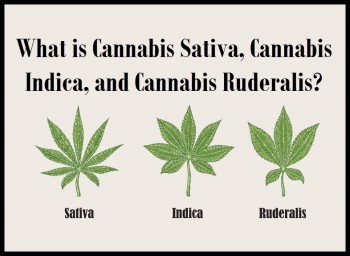Report Projects Puerto Rican Recreational Cannabis Market Worth Over $500 Million
A Puerto Rican trade group that supports cannabis is hoping to make progress in the conversation of complete recreational marijuana reform on the island. They have recently released a report to this effect. The report predicts how the legalization of recreational marijuana might profit the U.S. territory located to the southeast of Cuba. Based on the analysis, or would take up to five years for the development of the industry here and would follow the same path as the casino industry, which rose to prominence in this region in the first decades of the 20th century.
This type of economic development is considered by other jurisdictions also and not only on the island, especially after the pandemic. Neither is it the singular popular destination for tourists. However, this part of the economy is critically vital to the economy of the island and has gotten increasingly so during the second decade of this century. Presently, it accounts for 10 percent of the entire economy. Truly, prior to the pandemic, a lot of the vital infrastructure was damaged thanks to Hurricane Maria, and the island was rebuilt using tourism.
Outside this, the island is familiar with the manufacturing of different recreational commodities, such as, but not limited to, the largest rum distillery in the world, the Bacardi factory located in Cataño. Also, it is increasingly a haven for crypto firms. Because of former president Donald Trump, ninety-eight percent of the land on the island is presently deemed an opportunity zone specifically created to bring in foreign investors.
REFORM OF CANNABIS IN PUERTO RICO
Marijuana has been an illicit substance in Puerto Rico since 1932, when Act 12 precisely prohibited the same. Punishments for importing, planting, selling, and purchase of the plant ranged from a one-month to a year sentence in jail.
Rep. José Luis Báez supported decriminalization in 2013, immediately following the victories of two American state referendums, one in Colorado and another in Washington State. Two years later, the medicinal cannabis reform was enacted by the governor, Alejandro Garcia Padilla.
This reform covers permitting patients to gain a 30-day supply of the drug but in a form that cannot be smoked. Growing in your home is still illegal, and patients must buy their medications from state-authorized dispensaries. The number of patients in Puerto Rico is estimated at 115,000.
HOW CANNABIS CAN AID PUERTO RICO IN RECUPERATING
The acceptance of the financial obligation restructuring is without a doubt a crucial step for Puerto Rico as it seeks to regain access to capital markets and instill newfound confidence in the economy of the island. The development process won't just happen. Puerto Rico needs to develop financial strategies that take into account both its own realities and those of the US and other markets. In this perspective, investing heavily in marijuana makes perfect sense, especially in light of the upcoming federal liberalization that is expected.
OPPORTUNITIES IN MARIJUANA FOR PUERTO RICO'S FARMING SECTOR
The Department of Agriculture in Puerto Rico stated that because of the island's fortunate geographical location in a tropical area, cannabis might be cultivated and harvested in Puerto Rico about three times a year, unlike the biggest manufacturers in the world that can currently only grow and harvest outdoors once or twice in a year.
A grand program to encourage cannabis cultivation would not only allow Puerto Rico to get the most out of its geographical location, but it would also create opportunities in the backwoods of the island where they are probably most direly needed. The per capita income in the island's most wealthy (and municipal) town is four times more than in its poorest areas (rural).
With perfect environmental conditions to support cultivation, the cannabis market in Puerto Rico might be predominantly self-reliant in regard to essential materials. At the same time, excess cannabis can be exported, not only to the United States market, where Puerto Rican goods have unrestricted access.
THE ISLAND'S LEGAL STATUS
Today, Puerto Rico is a U.S. territory without incorporation. Not a U.S. state but a territory. Another contentious issue is how U.S. federal law is understood in this situation. The island, along with the Philippines and Guam, are locations where civil liberties enjoyed within the continental U.S. and incorporated territories do not apply, according to what some consider to be highly racist rulings enshrined in Supreme Court case law and handed down in the early part of the previous century. Based on these lawful precedents, only the "fundamental limitations" of the U.S. Constitution relating to unincorporated territories, the District of Columbia, and the United States itself.
This means that marijuana is definitely in a very peculiar gray area when it comes to things like the constitutional rights of states (see the earliest cannabis reform at the state level as a constitutional amendment at this level).
THE DISPLACEMENT OF LOCALS?
One of the terrible effects of the recent hurricane was that many people were forced to sell their homes as a result of it for a number of reasons. Due to this, investment banks have acquired huge parcels of damaged real estate here over the past few years, making it difficult for residents to afford to live here. Local protests against foreign development, particularly the privatization of public resources like beaches, have also resulted from this.
In this type of setting, the growth of the cannabis sector could be advantageous for international companies. Another consideration is how it would affect the neighborhood's sustainable economic development.
BOTTOM LINE
With the revenue cannabis can generate and is already generating for some nations, it is quite conceivable that marijuana can act as a way forward for Puerto Rico, as they seemingly already have an advantage of favorable weather which can see the harvest as much as three times a year.
The slow pace at which cannabis legalization has proceeded is perplexing, given the economic activity that a marijuana advancement would unleash in Puerto Rico. It is inexcusable to keep the door closed to a bustling cannabis market on an island where the inhabitants desperately need financial opportunities.
LATIN AMERICA ON CANNABIS, READ MORE...
COLOMBIA LOOKS TO START EXPORTING CANNABIS FROM LATIN AMERICA!







